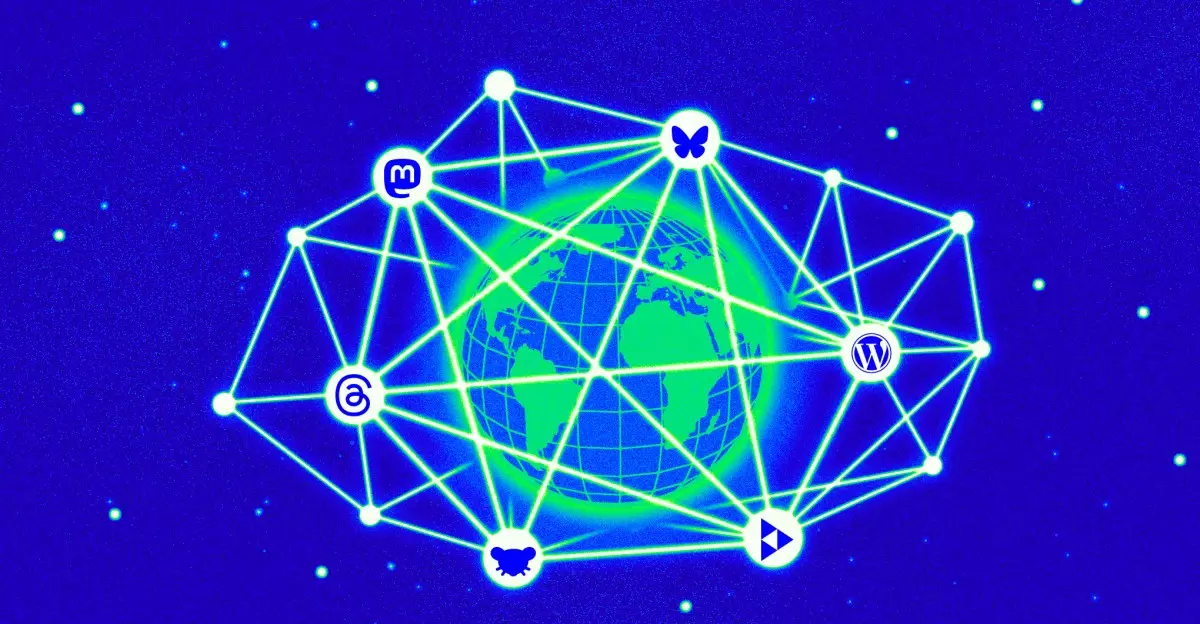In the evolving landscape of the internet, social media is undergoing a transformative shift towards decentralization and autonomy. As traditional platforms face increasing scrutiny over privacy and data security, emerging platforms such as Bonfire Social, Channel.org, and Bounce are stepping up to fill the void. These services aim to redefine how users interact with each other and share information, enhancing personal agency in the digital sphere. Decentralized social networks represent a promising departure from the surveillance capitalism model dominated by tech giants, and the tools developed by these new players could herald a more participatory and private online experience.
The Innovation of Bonfire Social
Bonfire Social stands out in this arena by offering a customizable framework for community building, which allows users to create digital spaces that align closely with their values and interests. This innovative platform, introduced during the FediForum, is designed to empower users through self-governance. The recent launch of Bonfire Social 1.0 exemplifies this initiative by providing a “flavor” of the platform equipped with essential features such as bespoke feeds, threaded discussions, and comprehensive user profiles.
What’s particularly noteworthy about Bonfire is its commitment to interoperability; the platform federates with established networks like Mastodon and Peertube, which enables an expansive exchange of ideas across various social settings. This connectivity is crucial in an era where users increasingly demand more control over their social interactions. Future iterations like Bonfire Community and Open Science promise tailored environments for private groups and academic collaboration, respectively, making Bonfire Social not just a platform but a versatile toolkit for fostering diverse online communities.
Channel.org: Curating the Open Social Web
Another groundbreaking service showcased at FediForum is Channel.org, a curated content platform that caters to the growing need for personalized information streams. As social media becomes inundated with noise, Channel.org steps into the spotlight by allowing users to fine-tune their feeds based on specific hashtags and users, including integration with accounts on Bluesky and RSS feeds.
The ability to filter out unwanted content and mute irrelevant accounts marks a significant evolution in user experience, making it easier for audiences to engage with the discussions that matter most to them. The platform’s affiliation with the Newsmast Foundation and its use of a tailored Mastodon server amplify its credibility and mission toward fostering informed communities. Currently in an invite-only beta phase, Channel.org represents a glimpse into the future of social interaction—one that prioritizes user agency and the quest for relevance in an age of information overload.
Bounce: Bridging the Gap Between Platforms
The introduction of Bounce presents another innovative solution that responds directly to users’ frustrations with platform silos. As more individuals find themselves torn between various accounts like Bluesky and Mastodon, Bounce facilitates seamless transitions without the fear of losing followers or connections. Developed by A New Social, this tool offers a bridge that not only retains social ties but also enhances the overall usability of decentralized networks.
The intuitive design and functionality of Bounce speak volumes about the necessity of fluidity in social media. In a world increasingly advocating for decentralization, the ability to maintain relationships across platforms without disruption underscores a pivotal evolution in how we perceive social connectivity. It transforms traditional social media challenges into opportunities for collaboration and interaction across diverse spaces, allowing users to navigate their digital landscapes effortlessly.
The Imperative for User Empowerment
The convergence of these platforms introduces a unified vision of a decentralized social web where users are not mere data points but active participants in shaping their online realities. Early adopters of Bonfire Social, Channel.org, and Bounce are not just utilizing new tools; they are co-creating a digital future that emphasizes privacy, self-governance, and tailored experiences. As this technology matures and more users join the decentralized movement, we could witness an ideological shift in how we perceive social interactions online, driving us toward a landscape where personal agency finally reigns supreme.
The evolution of the open web is not merely a technological upgrade; it’s a renaissance of how we engage, share, and collaborate in digital arenas. As these new players carve out their niches, the potential for a richer, more inclusive digital society is within reach, urging all stakeholders—from developers to users—to embrace this change wholeheartedly.

